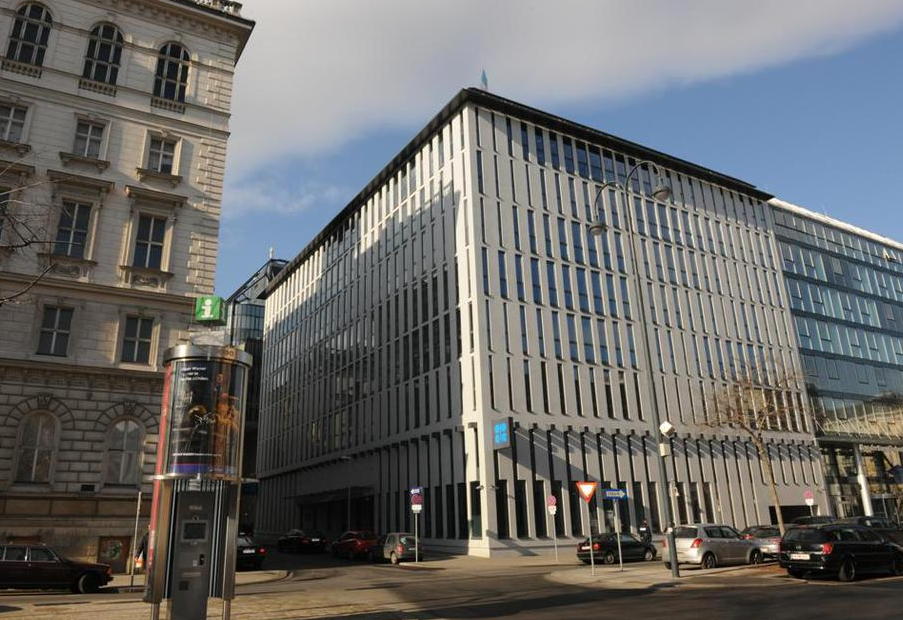
Oil dropped from the highest close in two weeks as investors weighed whether OPEC’s informal talks next month will lead to tightening supply and delegates signaled there are no plans to revive an output freeze.
Futures slid as much as 1 percent in New York after rising 2.9 percent Monday. Members of the Organization of Petroleum Exporting Countries are in “constant deliberations” on stabilizing the market, said Mohammed Al Sada, Qatar’s energy minister and the group’s president. While OPEC members intend to discuss the market at the International Energy Forum in Algiers, there are no plans revive the aborted freeze deal, two delegates said last week.
Oil has fluctuated since closing in a bear market last week after tumbling more than 20 percent since June. Prices are expected to rise later this year as demand strengthens, according to the statement from Al-Sada on the OPEC website. While U.S. crude and fuel stockpiles remain at the highest seasonal level in at least two decades, Goldman Sachs Group Inc. forecasts the market will be in a modest deficit during the second half of 2016.
“Nobody seriously thinks that OPEC will come up with anything that will tighten supply,” said Michael McCarthy, a chief strategist at CMC Markets in Sydney. “Having bounced off the support near $40, and without any further supply coming online, we’re moving toward the middle of the trading range of about $44 to $45 for West Texas.”
West Texas Intermediate for September delivery lost as much as 44 cents to $42.58 a barrel on the New York Mercantile Exchange and was at $42.66 at 12:56 p.m. in Hong Kong. Prices increased $1.22 to settle at $43.02 a barrel on Monday, the highest close since July 25. Total volume traded was about 33 percent below the 100-day average.
Temporary Volatility
Brent for October settlement slid as much as 48 cents, or 1.1 percent, to $44.91 a barrel on the London-based ICE Futures Europe exchange. Prices gained 2.5 percent to settle at $45.39 on Monday, the highest close since July 22. The global benchmark traded at a $1.62 premium to WTI for October.
For a story on OPEC obstacles to agreeing oil-output limit, click here.
The recent decline in prices and current volatility is temporary, Al-Sada said. Higher demand is expected during the third and fourth quarters of this year and the market is on the path to rebalancing, he said. The forum in Algiers takes place from Sept. 26 to 28.
Oil-market news:
Russia sees no need for renewing discussion of an oil-output freeze at current crude prices, while leaving open the possibility for the future, Energy Minister Alexander Novak told journalists in Moscow Monday. U.S. crude stockpiles probably fell by 1.5 million barrels last week, according to the median estimate in a Bloomberg survey before an Energy Information Administration report on Wednesday.
Recommended for you
